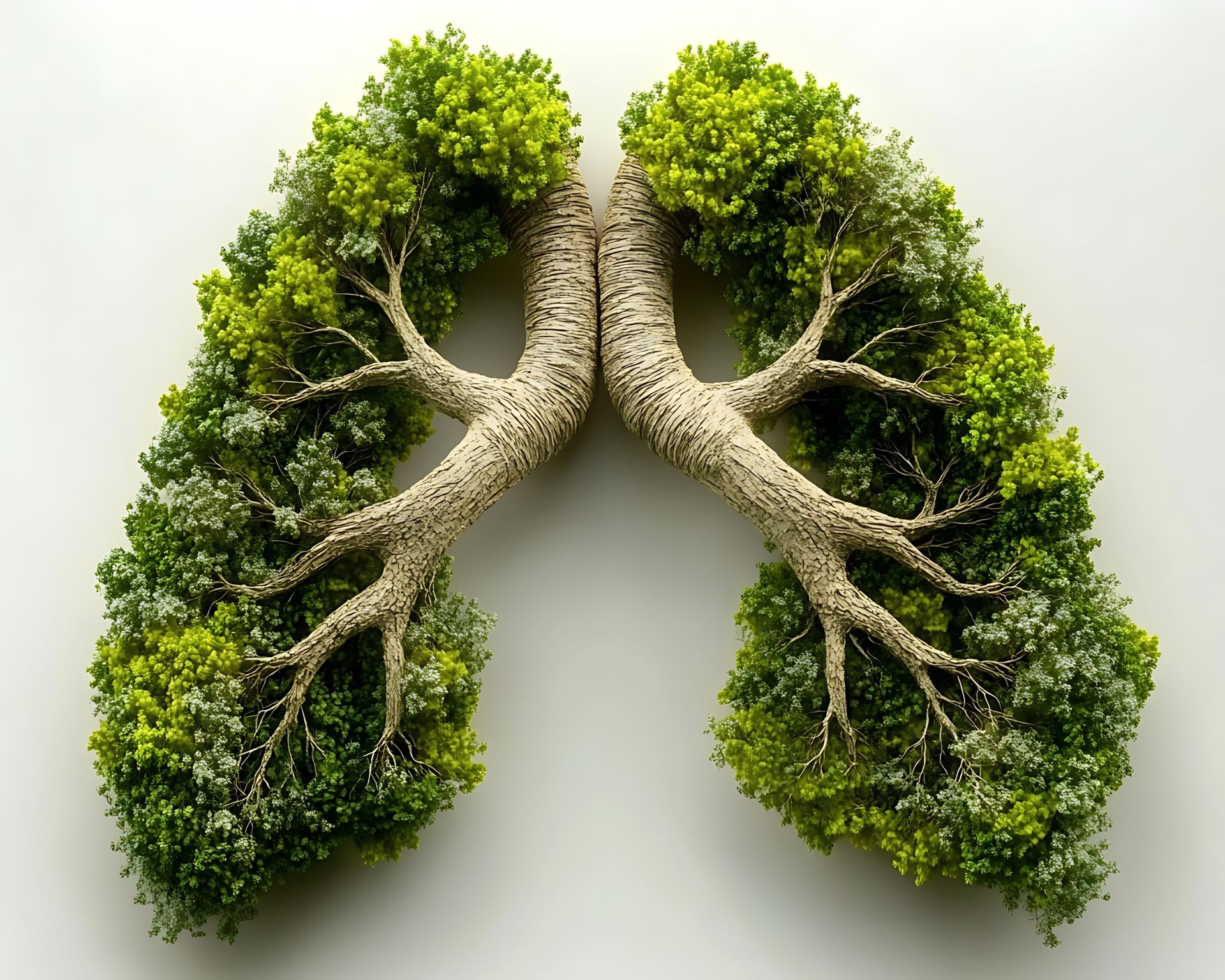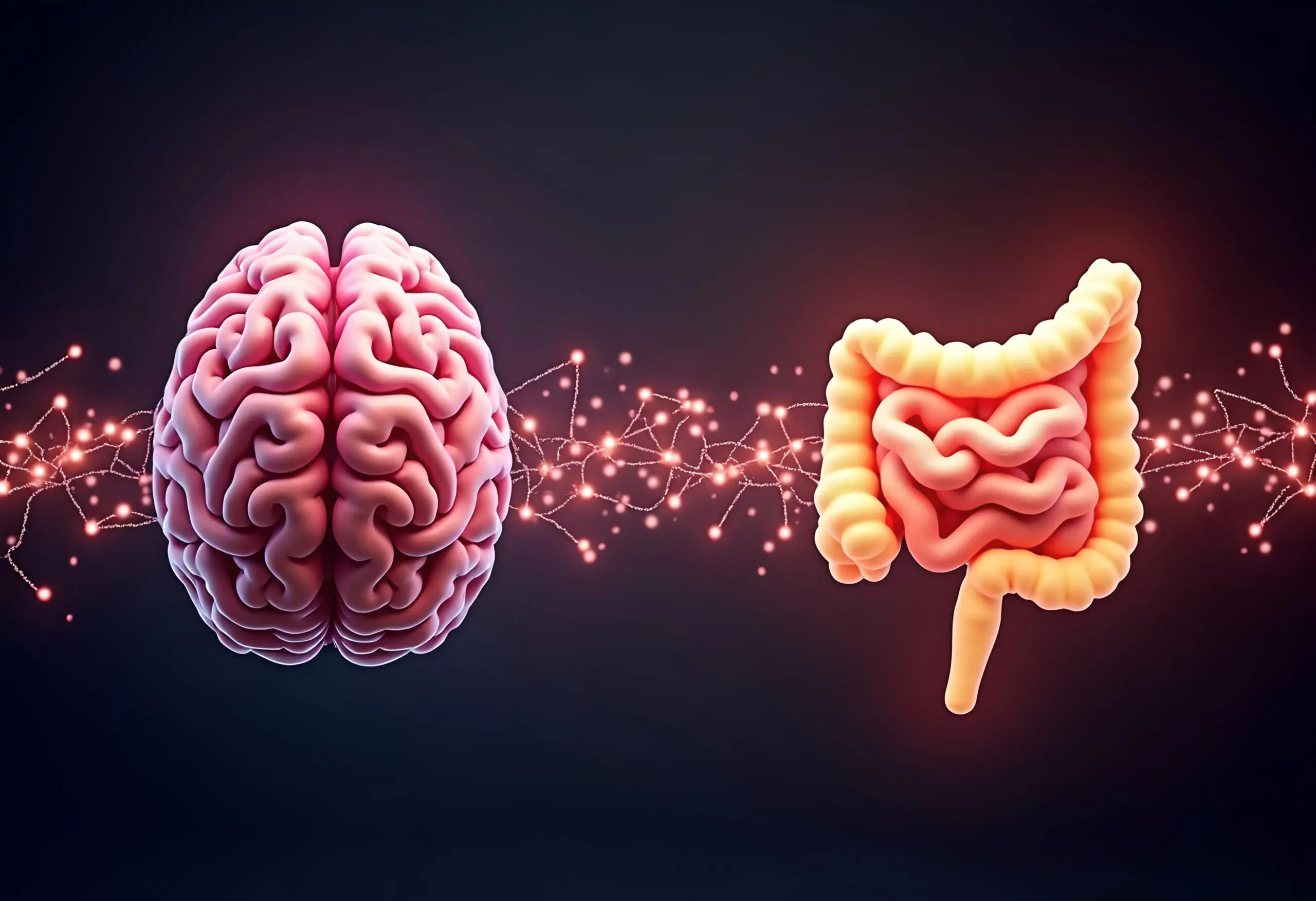
What is Guided Psilocybin Therapy?
The guided use of psilocybin is an emerging form of mental health treatment that combines the use of psilocybin, a psychedelic compound found in certain mushrooms, with psychological support and therapy. This approach aims to harness the potential therapeutic effects of psilocybin to address various mental health conditions, particularly treatment-resistant depression and anxiety disorders. Although this approach to psilocybin treatment is one that is gaining particular attention, especially in the scientific research world, Beckley Retreats does not offer therapy in our retreat offerings as our programs are more for personal and professional development.. At Beckley Retreats, programs take place in a non-clinical context and are not designed nor intended as any kind of medical treatment. With this in mind, the following information is a broad overview of the research and standing of the guided use of psilocybin in therapeutic settings for educational purposes beyond what Beckley Retreats offers.
The Journey of Psilocybin Therapy Training
The path to becoming a psilocybin therapy provider is one that typically involves comprehensive training and education. As more and more individuals seek this kind of progressional training, an increasing number of institutions now offer specialized programs to prepare mental health professionals for this unique form of treatment. These training programs can often span several months to a year, and cover a wide range of topics essential for any offering of safe and effective psilocybin-assisted therapy. Some of the key components that someone might encounter in psilocybin therapy training could include:
- Understanding the pharmacology and effects of psilocybin, especially on the functioning of various brain networks as applicable to psychedelic assisted therapy;
- Learning about the psychological and neurobiological mechanisms of psychedelic experiences in different settings and under a range of environmental, mental, and physical circumstances;
- Developing skills in non-directive, supportive psychotherapy;
- Practicing preparation and integration techniques for psychedelic sessions;
- Studying the ethical considerations and risk management strategies for safe and beneficial psilocybin therapy offerings.
Some programs offer hands-on experience through practicums, where trainees can observe or participate in simulated or actual psilocybin sessions under supervision. This practical component is crucial for developing the necessary skills to guide patients through potentially intense and transformative experiences, especially when addressing challenges such as post traumatic stress disorder, a range of depressive symptoms, end of life anxiety, and other mental illness conditions.
Credentialing in psilocybin therapy is an evolving process, but also an important one to understand. As the field progresses, professional organizations and regulatory bodies are likely to establish standardized certification requirements for practitioners. Currently, some training programs offer their own certifications, but these are not yet universally recognized or required for practice with psychedelic substances, and thus their specifics and details can range.
Key Elements of Guided Psilocybin Therapy
Guided psilocybin therapy is a structured process that typically involves three main phases: preparation, the psilocybin session itself, and integration. Individually, these phases differ in intention and purpose from each other, but when looped and understood together, each of the three are essential to harnessing the potentially transformative impacts of these experiences, both in regards to psychedelic assisted therapy and other non-therapeutic offerings.
First is the preparation phase. This period of time is crucial for establishing trust between the patient and therapist, setting the foundation for a safe and beneficial experience. During preparation, a provider might consider:
- Assessing an individual’s medical and psychological history;
- Providing psychoeducation about psilocybin and its effects, especially on an individualized basis;
- Helping the patient set intentions for their upcoming session;
- Addressing any concerns or anxieties about the upcoming experience that someone may raise or have.
Second is the psilocybin session. The actual experience with psilocybin, one of the psychedelic drugs that has received a considerable amount of human hallucinogen research, is carefully controlled and monitored. Key aspects of this phase typically include:
- Intention with environmental setting, often pertaining to the use of a comfortable, aesthetically pleasing environment that allows for the promotion of a sense of safety and relaxation;
- The presence of one or two trained therapists throughout the session who are readily available to monitor and provide assistance and support as needed;
- The use of eyeshades and a curated music playlist to facilitate introspection during the session;
- Minimal verbal interaction, with therapists providing reassurance and support as needed on an individual, session-specific basis;
- A duration of typically 6-8 hours, reflecting the pharmacological action of psilocybin.
Following the psilocybin session is the third and final phase, also known as the integration phase. This is an important time, as integration is vital for processing one’s psychedelic experience and translating insights into meaningful, long-lasting changes. Integration can often involve:
- Discussing and exploring the content of the psilocybin experience with trained professionals;
- Helping patients make sense of their insights and emotions;
- Developing strategies to incorporate new perspectives into daily life;
- Providing ongoing support and follow-up sessions, especially as one tries to incorporate new habits and insights into their day-to-day life.
Across these three phases, the therapeutic approach in guided psilocybin therapy differs from traditional talk therapy. Therapists are trained and learn to adopt a non-directive stance with individuals, allowing people to explore their inner experiences with minimal interference. This approach is based on the belief that the psilocybin experience itself, combined with the patient’s innate healing capacity, drives the therapeutic process.
Clinical Trials and Research in Psilocybin Therapy
Research into psychedelic assisted therapy has expanded significantly in recent years, with promising results emerging from scientific trials in the field of psychedelic science. Studies have focused on various conditions, treatment-resistant depression (TRD), major depression, and major depressive disorder (MDD) receiving particular attention.
A notable phase 2 trial published in JAMA in 2023 investigated the efficacy of psilocybin for MDD. This particular study found that a single 25-mg dose of psilocybin, combined with psychological support, led to significant reductions in symptoms related to major depression, especially when compared to an active placebo. The effects were rapid, with improvements observed as early as day 8, and sustained through the 6-week follow-up period. But this is just one of many studies that come from recent trials on the therapeutic use and potentially valuable tool that psychedelic assisted therapy might have on one’s mental health. Other areas of research include:
- Anxiety in patients with life-threatening cancer;
- Substance use disorders, including alcohol and tobacco addiction;
- Obsessive-compulsive disorder;
- Post-traumatic stress disorder (PTSD)
Also of note, The Johns Hopkins Center for Psychedelic and Consciousness Research has been at the forefront of recent psilocybin research. Their studies have demonstrated the potential of psilocybin and magic mushrooms to alleviate existential anxiety in cancer patients and facilitate smoking cessation—in other words, many of the studies coming out of this intuition focus on the therapeutic potential of hallucinogenic mushrooms. Additional ongoing research at the center is exploring psilocybin’s potential for treating conditions such as Alzheimer’s disease, anorexia nervosa, and opioid addiction.
While the results of these studies are encouraging, it’s important to note that most trials to date have been relatively small and of short duration. Larger, long-term studies and clinical trials are needed to fully establish the efficacy and safety of psychedelic assisted therapy. Moreover, the challenge of effective blinding in psychedelic trials raises questions about the role of expectancy effects in observed outcomes as well as other psychedelic harm reduction considerations.
Ethical and Legal Considerations in Psilocybin Therapy
The use of psilocybin in therapy raises several ethical and legal considerations that must be carefully navigated, especially as the psychedelic medicine and psilocybin therapy field develops.
First is the idea of informed consent. The unique nature of the psychedelic use necessitates an enhanced informed consent process, one that anyone interested in such an experience should heed close attention to. Individuals must be fully aware of the potential for profound psychological experiences, including the possibility of challenging or distressing moments during future sessions, whether that be in psilocybin assisted psychotherapy settings or other non-clinical ones. Therapists and other professionals should always consider discussing the following with individuals:
- The range of possible psychological effects that the psychedelic drug psilocybin could or may havel
- Potential risks, including any potential adverse reactions;
- The importance of set and setting in shaping the experience, both as applicable to clinical and non-clinical settings;
- The limitations of current scientific knowledge about long-term effects.
Then there’s psychological vulnerability, another concept that both users and practitioners should work to understand. Psilocybin can induce intense emotional states and alter one’s sense of self, something that raises concerns about psychological vulnerability, particularly for individuals with a history of trauma or certain mental health conditions. That’s why it’s often important to carry out careful screening and preparation are essential to minimize risks ahead of any form of psychedelic use.
Another consideration to be aware of is therapist competence and boundaries. The non-ordinary states of consciousness induced by psilocybin require therapists to have specialized training and a high degree of ethical awareness. Still, there’s a risk of boundary violations or inappropriate influence, especially in moments of heightened psychological vulnerability during potentially susceptible states of consciousness that individuals might experience during sessions.
It’s also worth understanding the access to and equity with psychedelic substances and the availability of psychedelic assisted therapies. As psilocybin therapy develops, ensuring equitable access will become an increasingly important ethical consideration. The current high cost and limited availability of treatments, let alone any form of psychedelic use, could exacerbate existing healthcare disparities.
Finally, there are legal considerations. Psilocybin remains a Schedule I controlled substance in many jurisdictions, including the United States. However, there’s a growing movement towards understanding what decriminalization and legalization for therapeutic use might entail.
The Future of Psilocybin-Assisted Therapy
As research progresses and regulatory barriers potentially ease, psilocybin-assisted therapy may become a more widely available treatment option for various mental health conditions. Several factors will shape what this future environment could look like:
- Integration into Mainstream Mental Healthcare: If approved by regulatory bodies, psilocybin therapy will need to be integrated into existing mental health systems. This will require developing protocols for referral, treatment, and follow-up care within standard healthcare frameworks.
- Training and Certification: As the field grows, standardized training programs and certification processes for psilocybin therapists will likely emerge. Professional organizations may play a key role in establishing and maintaining these standards across various applications, uses, and environments.
- Personalized Medicine Approaches: Future research, especially pertaining to clinical settings, may focus on identifying biomarkers or psychological profiles that predict responsiveness to psilocybin therapy, allowing for more targeted treatment approaches.
- Combination with Other Therapies: Exploring how psilocybin therapy can be combined with other treatment modalities, such as cognitive-behavioral therapy or mindfulness practices, may enhance its effectiveness.
- Long-term Follow-up Studies: As more people undergo psilocybin therapy, long-term studies will be crucial to understand the durability of effects and any potential risks associated with repeated use.
- Public Education and Destigmatization: Ongoing efforts to educate the public about the therapeutic potential of psychedelics will be important for reducing stigma and fostering acceptance of these treatments.
While the future of psilocybin-assisted therapy appears promising, this is still an evolving field where new psychedelic research will continue to illuminate our understanding of psychedelics, both related to psilocybin assisted psychotherapy and the use of psychedelics in non-clinical settings.
As this field grows and changes, maintaining rigorous scientific standards, ethical practices, and a focus on patient safety, including the therapeutic relationship with these substances, will be paramount. The coming years will likely see continued research, policy discussions, and potentially the emergence of psilocybin therapy as a valuable tool in the treatment of mental health disorders.


